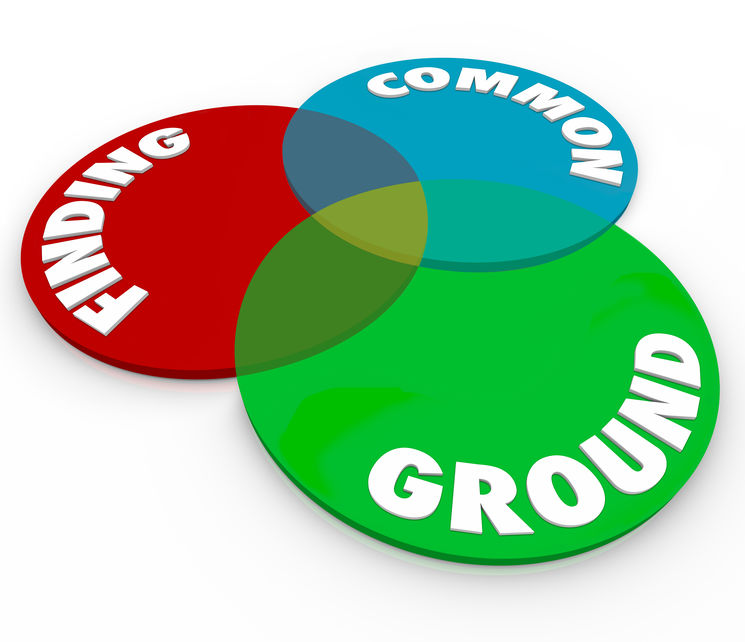Relationships turning bad

It can also make one side of the relationship feel undermined and sometimes alone. The purpose of a relationship, however, is to do the opposite of this and protect us from feeling alone and creating a place of comfort, content, and happiness.
The only solution to this, of course, is the complete understanding of your partner’s differing opinions and learning to appreciate and accommodate their desires, all the while still staying true to your beliefs, desires, and opinions. Sometimes you are wrong. Sometimes your partner is wrong. Sometimes neither of you are wrong, and this can cause conflict, however, learning to compromise is the solution.
The key to successfully resolving conflicts is problem-solving and a mutual understanding. To solve problems amicably, you need to consider both sides of the argument and find a fair middle ground. By doing this you aren’t making your partner feel bad or prove them wrong. Rather, you are attempting to find a solution. In any argument, both people have an equal right to want the resolution to work out in their favor, and problem-solving requires acknowledgment of this, to create a reciprocally acceptable response.
Here are 3 ways to compromise that will help with your relationships.
Find a way to either split the difference or meet in the middle.
An example of meeting in the middle or splitting the difference is how warm or cold you like the temperature in your home. If one likes it hot and one likes it cold, you compromise to find the middle ground you can both adapt to.
I will do that for you if you do this for me.
It’s inevitable that you will find something that irritates you about your partner and vice-versa, so a compromise can help the relationship by finding the happy medium. Simple things like looking up from a phone during conversations can be annoying, to say the least, however even if you’re not guilty of that, your partner might find it annoying that you pace constantly when you talk on the phone. Although these things are not huge problems, they can be frustrating. A way to compromise in this situation is to come to an agreement that if one partner pays more attention during conversations by putting the phone down, the other will stop pacing while talking on the phone. You do this for me, and I will do this for you.
Do it my way this time, and your way next time
This is a “taking turns” compromise. Just as when as children, parents tried to stop one sibling from arguing with the next about whose turn it was to play with a toy, taking turns is a compromise that should carry on into every relationship. Just because you think your way is better, doesn’t mean it is the easiest or only way to do things. Compromising might find a better way for you to do things.
In the end, compromise one essential key to happiness. If you can’t, or won’t compromise, or your partner can’t, or won’t compromise, maybe some extra work needs to go into yourselves as well as the relationship.
